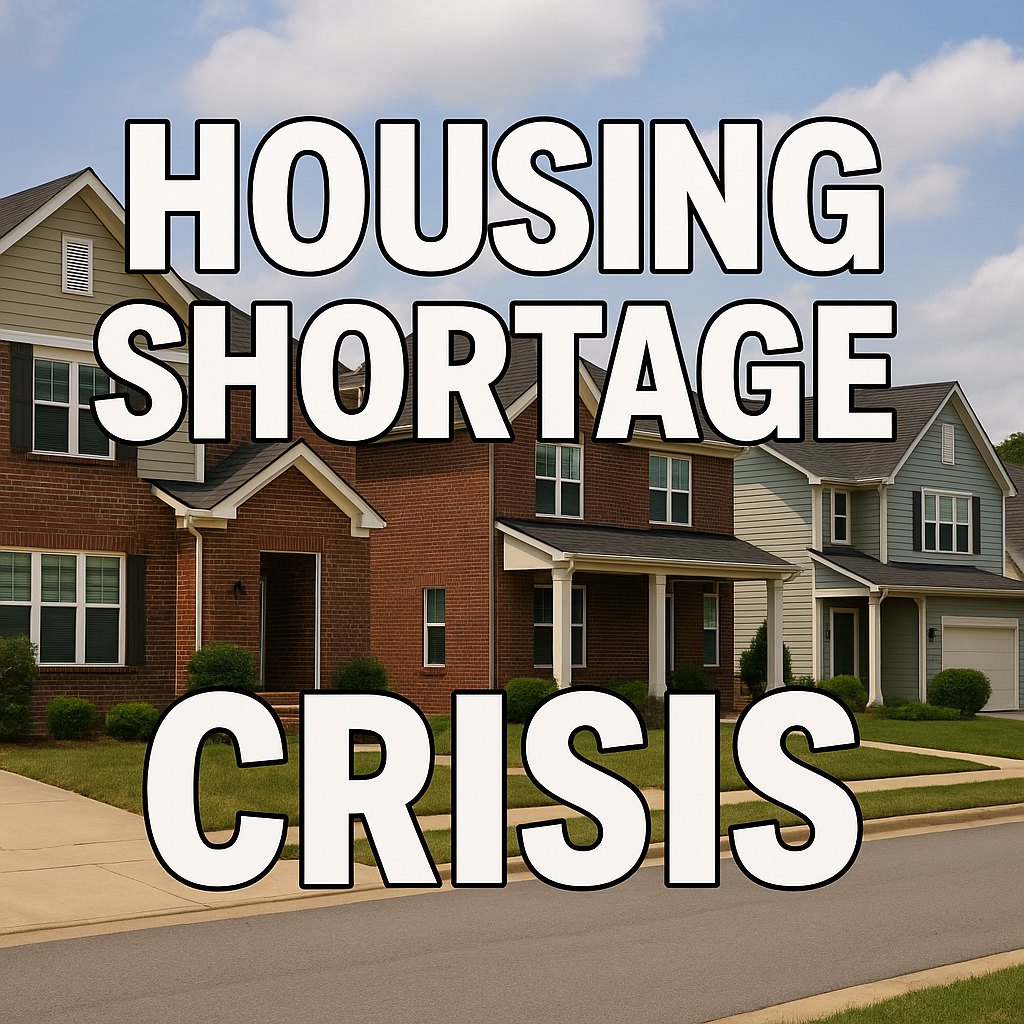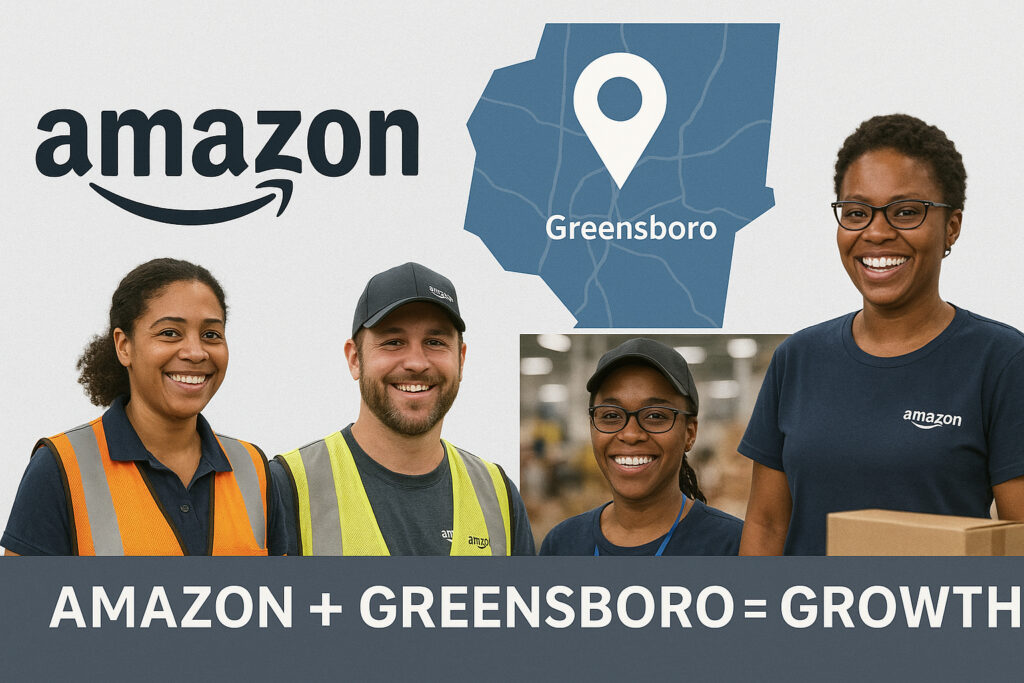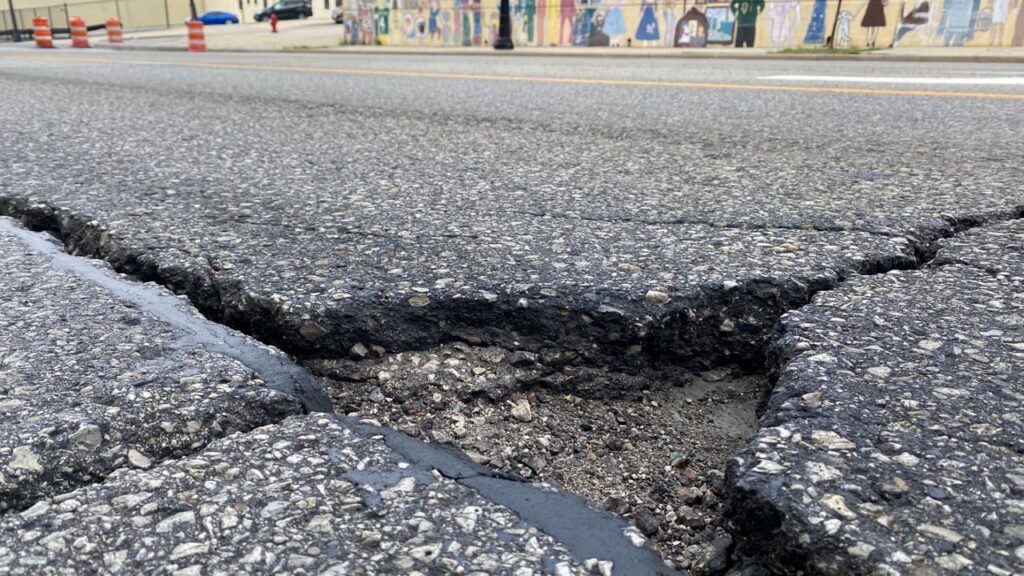Breaking the Housing Bottleneck: A Vision for Greensboro’s Future

Greensboro stands at a critical crossroads. With 65,000 to 70,000 new jobs coming to our city, we have an unprecedented opportunity for growth and prosperity. Yet we face a fundamental challenge that threatens to derail this economic boom: our inability to build housing fast enough to accommodate the workers who will fill these positions.
The numbers tell a sobering story: a single-family housing community in Guilford County takes two full years just to get approved—two years before a single shovel hits the ground. Meanwhile, starter homes now cost $400,000, and excessive regulations are adding an estimated $25,000 to each new home. We’re not just failing to build the 10,000 new homes our community desperately needs; we’re pricing out the very families we claim to want to help.
The solution isn’t a mystery—it’s sitting right in front of us, buried under layers of bureaucratic red tape. While other cities embrace 45-day permitting timelines and innovative solutions like third-party inspections, Greensboro’s Planning and Zoning committee and city staff have become the primary bottleneck preventing our growth. With my business experience in streamlining operations and eliminating inefficiencies, I know exactly how to fix this broken system and unlock Greensboro’s housing potential.
Amazon Expands in Greensboro – A Powerful Boost for Local Jobs and Growth

Amazon is making a major investment in Greensboro with plans to build a $24.4 million, 192,000-square-foot delivery station on Ritters Lake Road. This expansion strengthens Greensboro’s position as a key logistics hub in the Triad and promises to bring new jobs and faster deliveries to the region. As a candidate for Greensboro City Council, I see this as a strong sign that our city is ready for smart, strategic growth—and I’m committed to making sure projects like this benefit our entire community.
Rebuilding Greensboro: Laying the Groundwork for Economic Prosperity

Greensboro stands at a pivotal moment, with our aging infrastructure—roads, water systems, and broadband access—crying out for attention. In 2023 alone, the city repaired over 3,400 potholes, underscoring the urgent need for comprehensive maintenance. As we look to the future, investing in our infrastructure is not just about fixing today’s problems; it’s about laying the groundwork for economic prosperity and attracting new businesses. Join me, Nicky Smith, as we explore a strategic plan to revitalize Greensboro’s infrastructure, ensuring a brighter, more connected future for all residents. Together, we can transform our city into an engine of growth and opportunity.